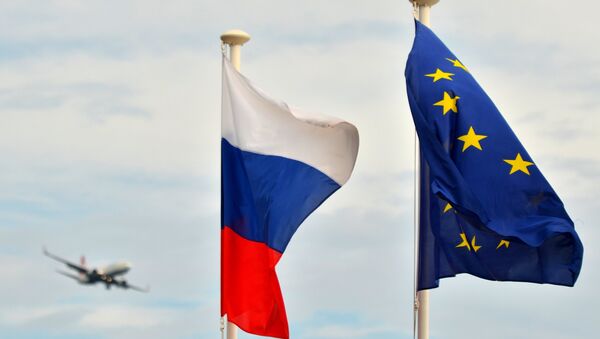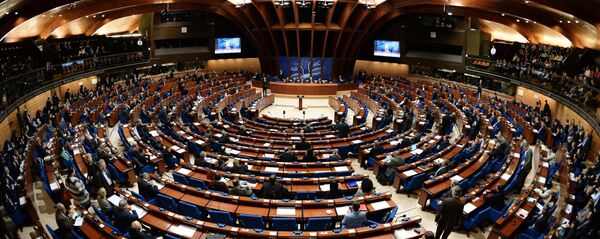"We have little time left. Clouds are piling up – Lithuania is seeing the increased military presence without any authorization from its people. In its turn, Russia is also taking responsive measures. That would lead to a new arms race. We want the future generation live a peaceful life. Neighboring countries should communicate and look for alternative ways to settle the conflict until it is too late," Paleckis pointed out.
The conference of World Without Nazism took place on June 20 in the Belarusian capital of Minsk and involved delegations from 11 countries, including Russia, Belarus, Ukraine, Armenia, Lithuania, Moldova, Germany, Czech Republic and Israel.
During the event, the threat of the rehabilitation of fascism in Europe and possible ways to counter it were discussed. Representatives of the organization also commemorated victims of Nazis’ atrocities and visited the Khatyn and Yama memorials.
According to Paleckis, russophobia in EU countries stems from the one-sided media coverage.
"Since our young people cannot read in Russian, they cannot be broad-minded. If you can speak several languages you are able to deal with various media sources and think critical," he said.
The World Without Nazism international human rights organization was founded in 2010. It involves representatives of 22 nations, including France, Germany, Austria, Switzerland, Israel, the US, Russia, Bulgaria, Moldova and Lithuania. The organization aims at monitoring radical neo-nationalist movements in Europe. World Without Nazism regularly conveys reports on its research activities to the Council of Europe and OSCE.



